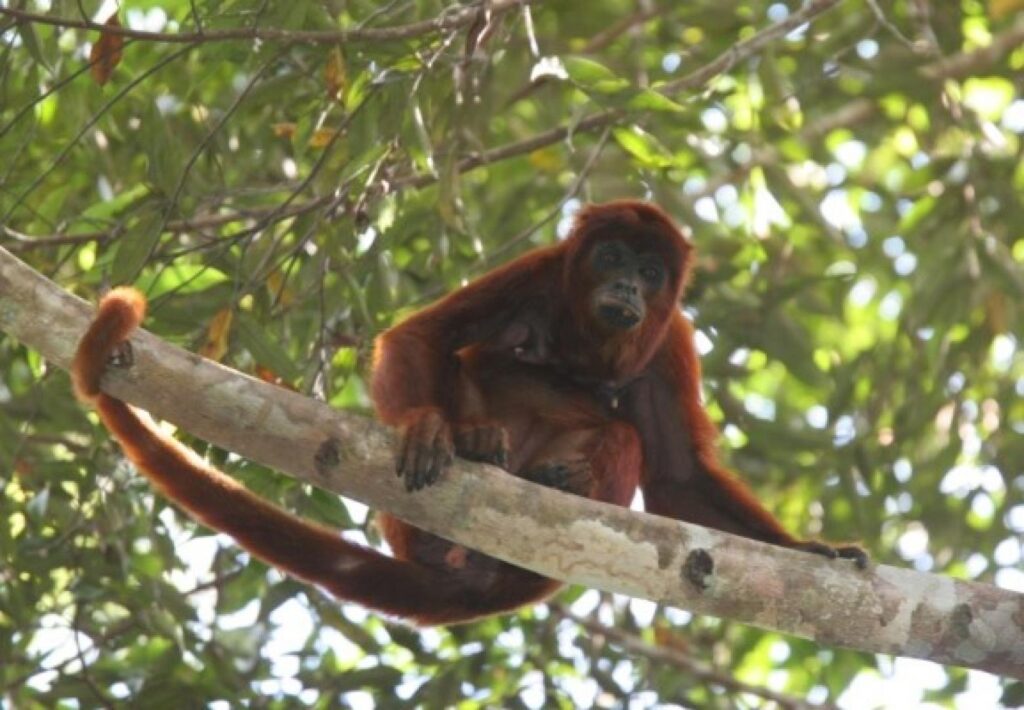
Monitoring for zoonotic viruses in wild animals to prevent disease outbreaks in Bolivia
From 2010 to 2013, wildlife disease monitoring capacities were enhanced by the USAID Emerging Pandemic Threats Program´s PREDICT project in Bolivia within a One Health approach. Collaborative work with government agencies for field investigations, risk detection and prompt response were promoted; key stakeholders were trained on wildlife disease surveillance; and diagnostic capacities were enhanced in local laboratories. As a result, in 2012 trained staff reported a mortality event affecting red howler monkeys (Alouatta sara). The outbreak investigation confirmed Yellow Fever Virus, a flavivirus transmitted by mosquitoes that aggressively affects neotropical non-human primates and may cause acute and often fatal disease in humans. Effective communications between the PREDICT team and the national health authorities allowed a prompt alert and the rapid implementation of actions to prevent human cases, including vaccination of at risk human population, public education and outreach, and mosquito-control.

